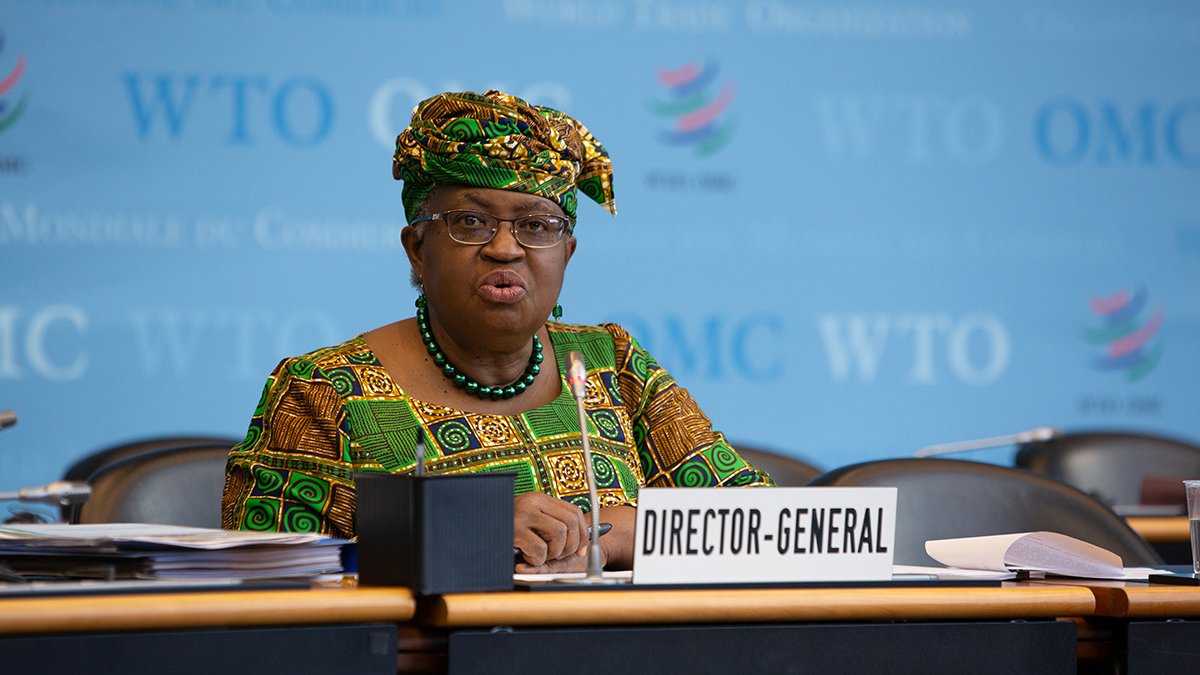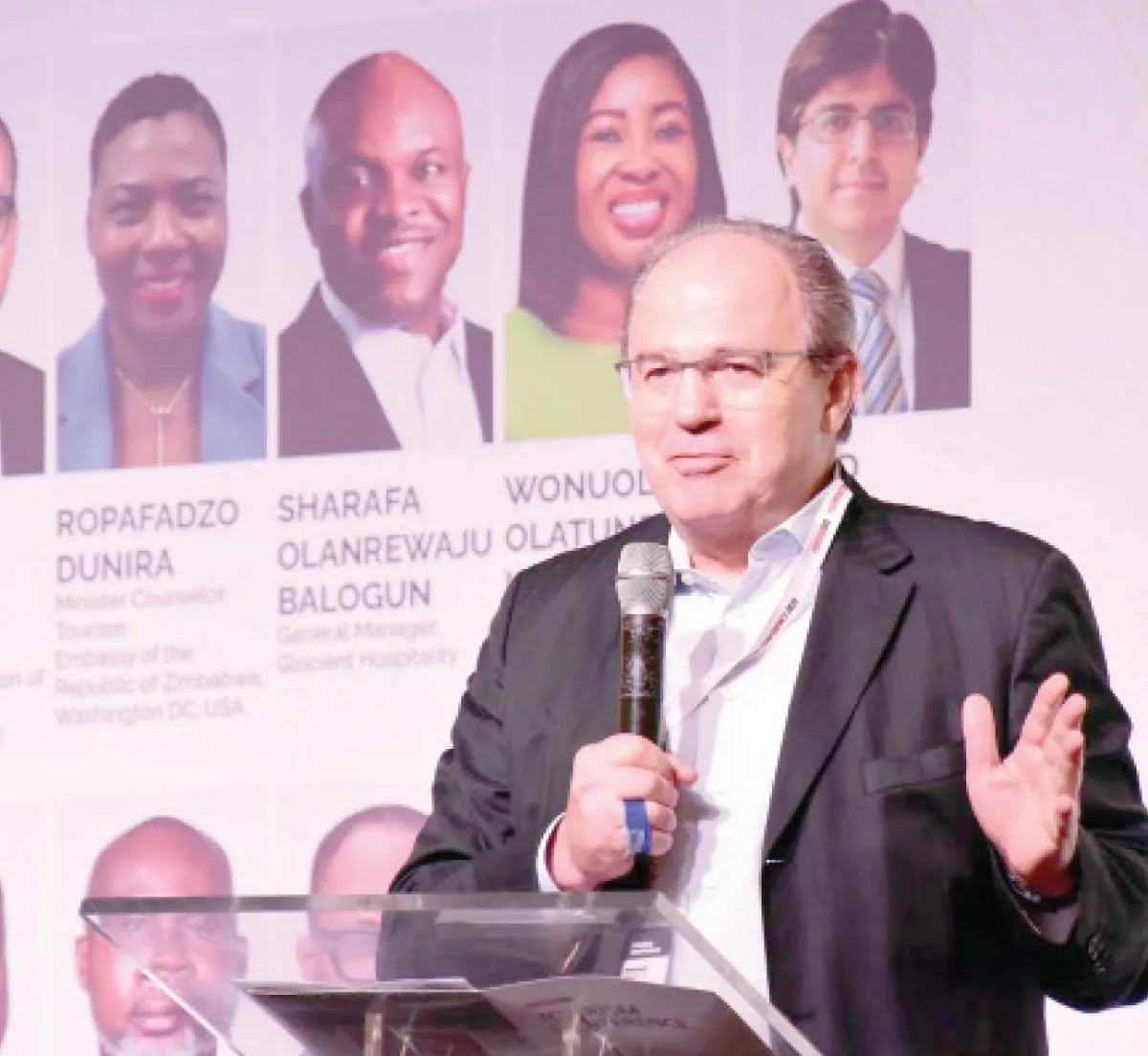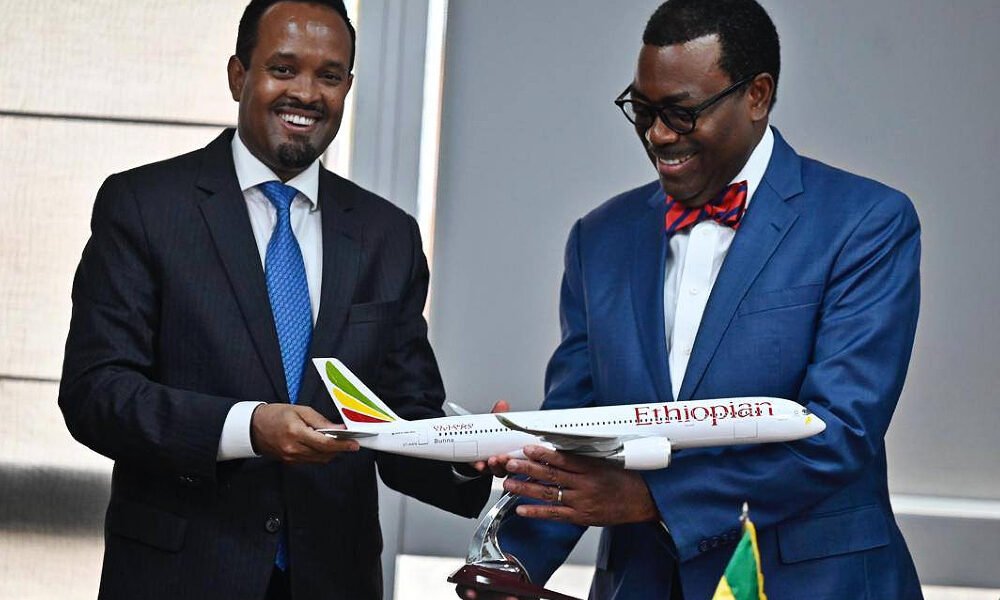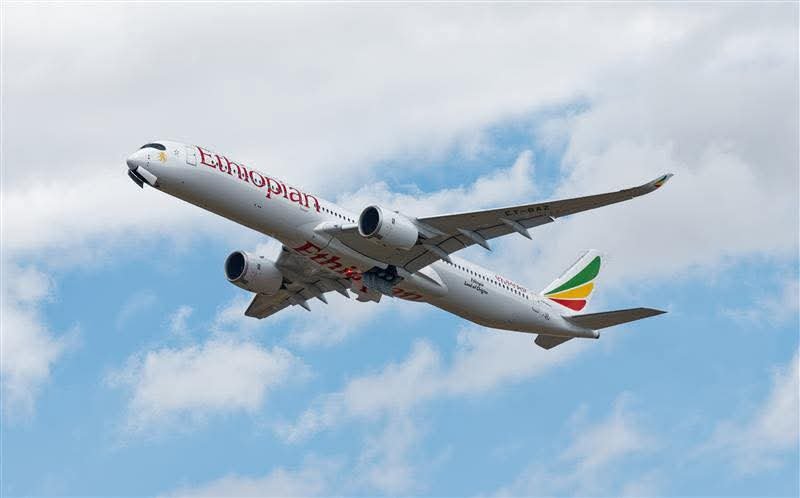
In a significant move aimed at promoting professionalism, ethics, and accountability in Nigeria’s tourism and hospitality industry, the National Institute for Hospitality and Tourism (NIHOTOUR) has officially inaugurated a Disciplinary Tribunal for Hospitality, Travel, and Tourism Practitioners.
The inauguration ceremony, which took place at NIHOTOUR’s headquarters in Abuja, marks a pivotal step in the institute’s ongoing mission to sanitize and standardize the rapidly expanding sector. The tribunal is empowered to investigate and adjudicate cases of professional misconduct and violations of industry standards among registered practitioners.
Speaking at the event, the Director-General of NIHOTOUR, Alhaji Nura Sani Kangiwa, described the establishment of the tribunal as “a long-overdue mechanism to instill discipline, integrity, and professionalism within the industry.” He emphasized that as tourism continues to play an increasingly vital role in national development and job creation, it is critical to uphold quality service delivery and protect the interest of consumers and stakeholders.
According to Alhaji Kangiwa, “Tourism, hospitality, and travel are sensitive sectors where ethics, safety, and standards cannot be compromised. The tribunal will serve as a regulatory watchdog, ensuring that practitioners uphold the values expected of them and that clients are protected from unethical behavior.”
The tribunal will handle complaints and petitions submitted against hospitality and tourism professionals, ranging from issues of poor service delivery to breaches of ethical codes, fraud, and misconduct. Disciplinary measures to be enforced include warnings, suspension, license withdrawal, and other penalties as deemed appropriate.
The NIHOTOUR boss reiterated that the move is part of the institute’s broader reform strategy to promote quality control, encourage professionalism, and eliminate quackery in the sector. He noted that the tribunal is backed by law and would work in synergy with other regulatory agencies and industry associations.
Also speaking at the inauguration, the tribunal chairman, Barr. (Mrs.) Omolara Akanji, pledged commitment to upholding justice, fairness, and due process in all matters brought before the panel. She called on stakeholders across the industry to support the tribunal’s work and take ownership of the sector’s reputation.
“We will treat every case with objectivity, speed, and transparency. Our goal is not to witch-hunt, but to uplift the standards of practice and ensure the tourism industry becomes a model for excellence in Nigeria,” she said.
Industry stakeholders present at the event commended NIHOTOUR for the initiative, describing it as a bold step toward restoring confidence in Nigeria’s tourism and hospitality services. Representatives of the Federation of Tourism Associations of Nigeria (FTAN), National Association of Nigerian Travel Agencies (NANTA), and Hotel Owners Forum Abuja (HOFA), among others, pledged to collaborate closely with the tribunal to ensure ethical compliance and professional discipline.
Observers believe that the tribunal, if effectively implemented, will play a critical role in weeding out unqualified operators, protecting the rights of tourists and consumers, and raising the global competitiveness of Nigeria’s tourism sector.
The launch of the disciplinary tribunal comes at a time when the federal government is exploring strategies to diversify the economy, with tourism identified as a key sector for job creation, investment, and foreign exchange earnings.
NIHOTOUR, established by an Act of Parliament, is Nigeria’s premier institution responsible for training, research, and regulatory oversight in hospitality, travel, and tourism. With this latest development, the institute has once again positioned itself as a central force in shaping the future of the tourism industry in the country.
The tribunal is expected to begin receiving petitions and cases from practitioners, clients, and the general public in the coming weeks, with its secretariat fully operational and guidelines for proceedings made publicly accessible.







